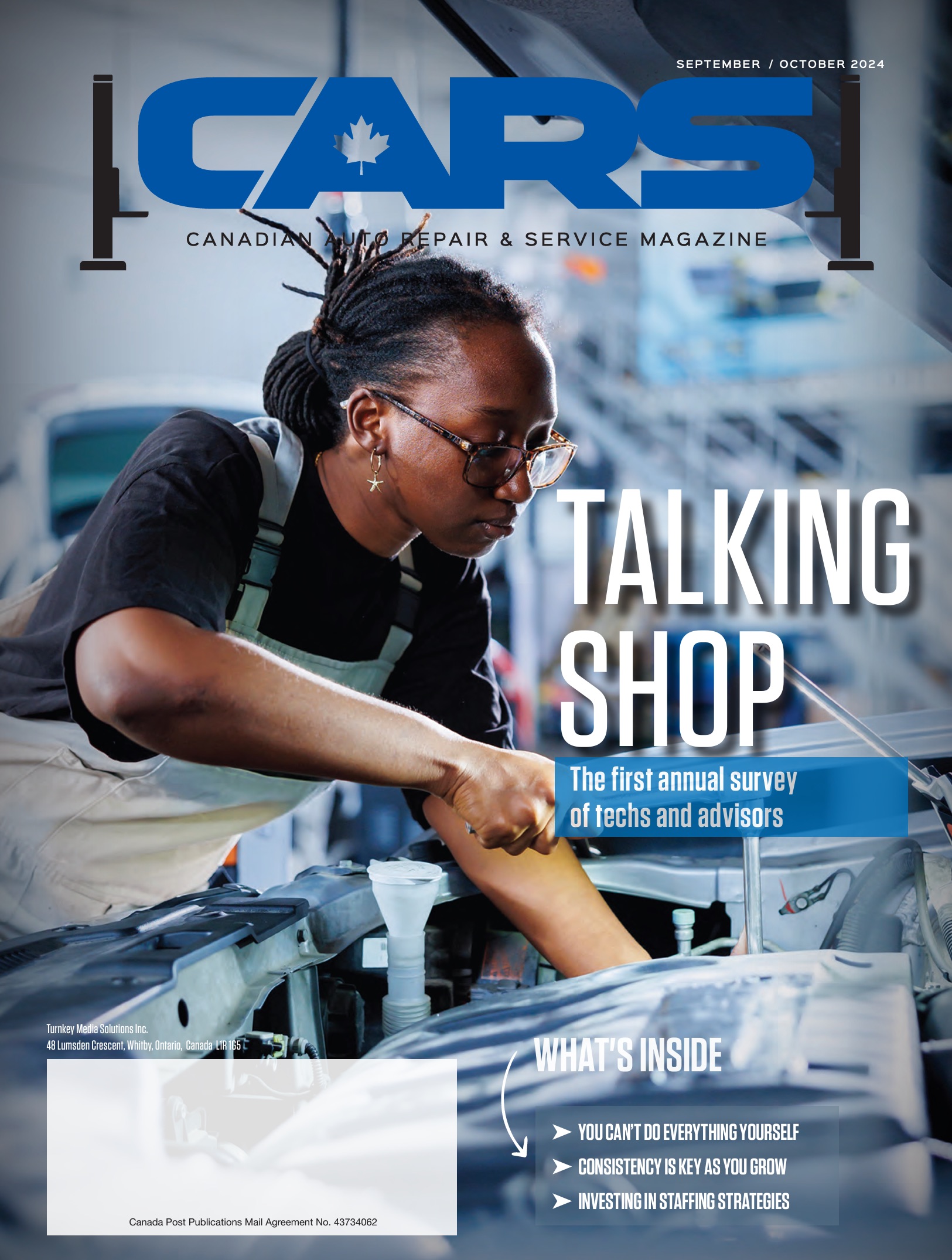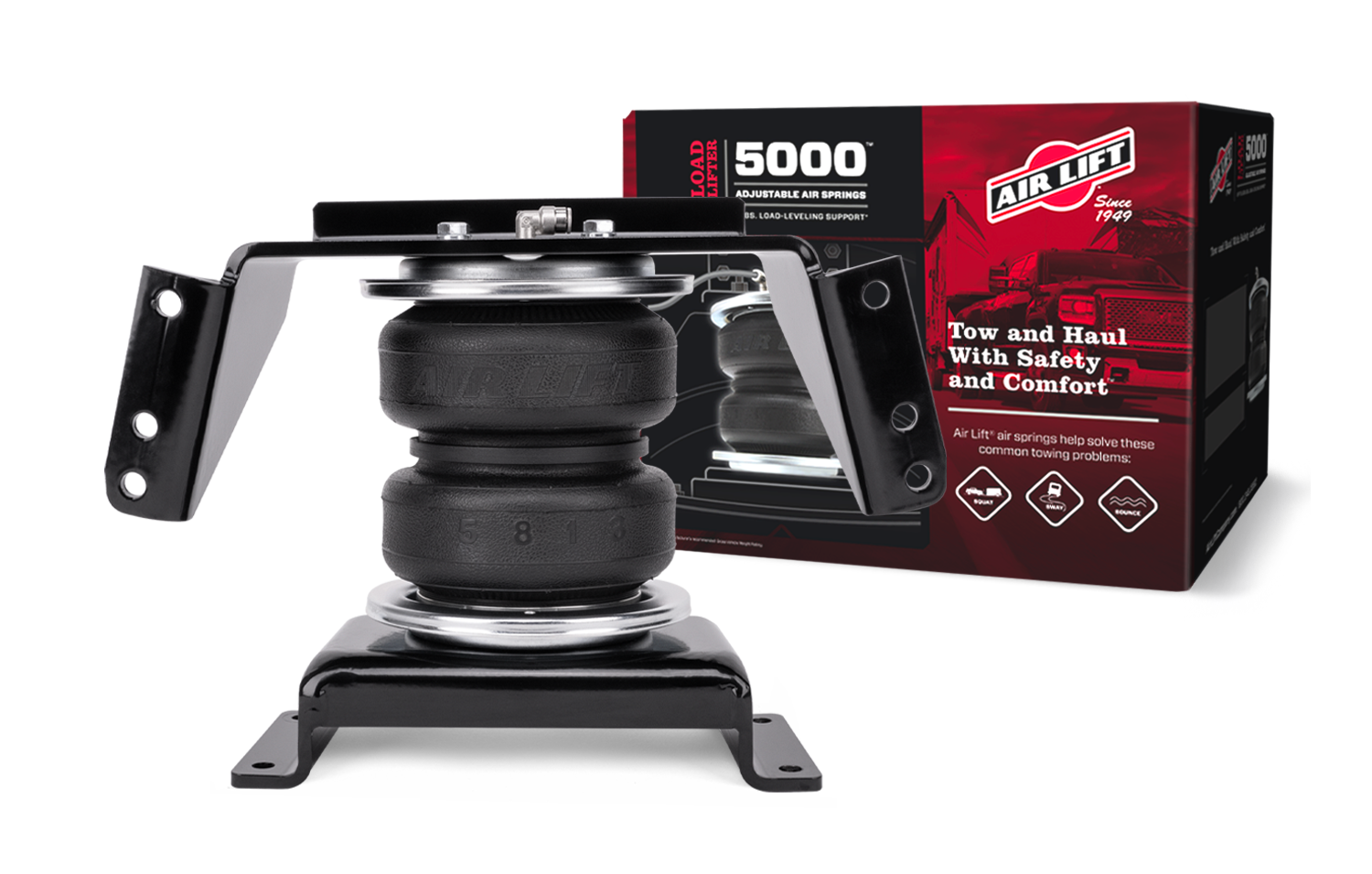
Think about all the Mercedes-Benz vehicles on the road today. Now think about how many Sprinter vans are out there performing crucial work that keeps commerce moving. What happens when a fleet of those vehicles goes down?
If the operator wants to go to the aftermarket, they may be out of luck.
Michael Waddle is a technician at Precision Auto Service, a shop owned by his father Scott, in Langley, B.C. They service many Sprinters. But there’s a problem: These vehicles are difficult to diagnose, service and repair because Mercedes-Benz Canada is seemingly making it difficult.
Listen to the episode now: Click here
In order to access these vehicles, a nearly-$50,000 tool must be purchased. That’s far beyond other automakers that charge under $1,000 in some cases for similar equipment.
However, Michael pointed out that Mercedes-Benz Canada isn’t necessarily violating the Canadian Automotive Service Information Standard (CASIS) agreement, signed back in 2009. They are making the tool available. But he believes Mercedes-Benz is intentionally being difficult in this area, pricing it at an unattainable level.
The tool is more easily accessible in Europe and the U.S., he says in this episode of Auto Service World Conversations with host Adam Malik. He spoke about the challenges he’s faced, what the aftermarket is up against and why this could be a larger issue.
We reached out to the automaker for comment but didn’t receive a response. When we followed up, a spokesperson for Mercedes-Benz Canada said they would get back to us but did not.
Michael believes it is fair to pay for such access but the asking price is neither fair nor reasonable. It blocks the aftermarket from obtaining the necessary tools and, Scott noted, puts commerce at risk as dealers are unable to keep up with the repair work due to the volume of vehicles.
He’s also been in touch with various working groups, such as the Automotive Industries Association of Canada to work toward a resolution. AIA Canada told Auto Service World that it has shared information about this issue with the task force for CASIS review and action.
“This is yet another example of how independent shops are left at a disadvantage and illustrates why legislation is needed,” AIA Canada said in a statement to us.
The group echoed Scott’s message about the issue of disrupting business if these vehicles break down and can’t be serviced by a dealer, especially in more remote locations where the aftermarket may be the only viable option for repair.
“The commercial interests at stake and the profits that vehicle manufacturers derive from these methods have resulted in a worldwide awareness that voluntary agreements do not work,” AIA Canada said.
The CASIS agreement is a voluntary agreement between automakers and the aftermarket. It is designed to ensure the aftermarket has access to service information, diagnostic tools and training information.
However, AIA Canada pointed out that the current agreement needs updating.
It “has not kept pace with the rapid advancements in technology and does not meet the needs of Canadians and the vehicles of today and tomorrow,” the group said. “We are continuing to advocate on behalf of our members, who continue to provide us with feedback on the barriers they are encountering. AIA Canada has identified outdated sections of the agreement that require amendments, along with an enforcement piece, if it is to function as intended.
“In the absence of an updated agreement, AIA Canada will continue to advocate for legislation to ensure fair competition, consumer choice, and continued access to reliable, essential and affordable vehicle service and repair.”
Tune into the full conversation with Michael and Scott by clicking the banner above or tuning in through your preferred platform, where you can also find the full library of episodes:












Leave a Reply